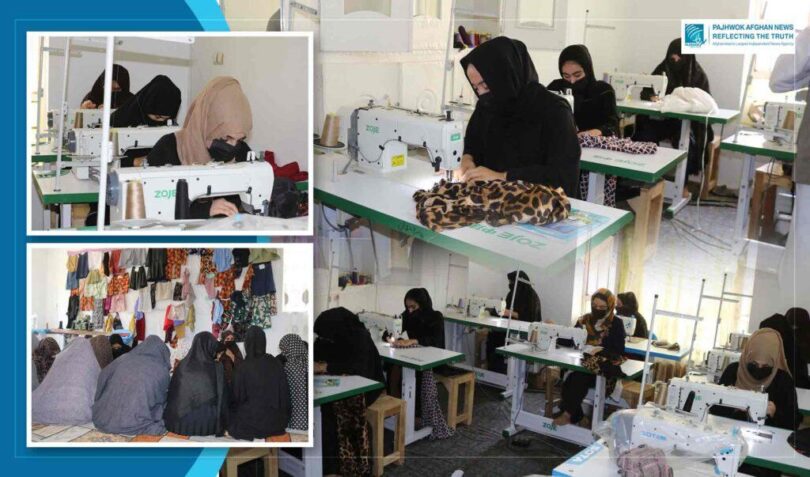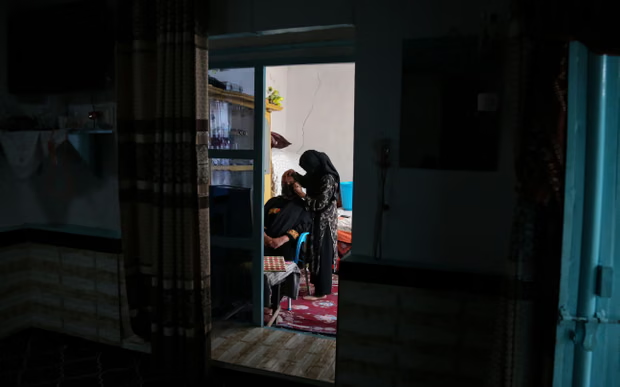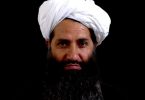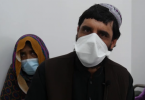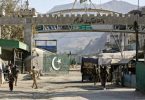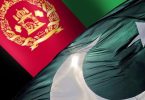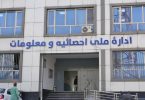HERAT CITY (Pajhwok): Amid a sharp rise in deportation of Afghan migrants from neighbouring Iran, many women have come back empty-handed with painful memories and they are now facing uncertainty about their future.
Amidst these challenges, one woman in western Herat province has taken the initiative to create a sewing workshop that provides employment opportunities for dozens of these returnees.
In a corner of Herat city, the provincial capital, the sounds of sewing machines can be heard— a small yet bustling workshop has become a refuge for at least 50 women who recently returned from Iran. This initiative was launched by Farzana Mirzaei, a social activist.
Mirzaei, who manages the sewing workshop, says the purpose of establishing the centre is to support women who faced serious financial difficulties after being forcibly deported from Iran.
She said fifty women were currently working in the workshop in the fields of tailoring and beadwork.
She urged international organisations and partner institutions to support her in expanding her programme and assist her in creating more employment opportunities for female returnees.
Many women working at the workshop share similar stories— of forced deportation, loss of property and the effort to rebuild their lives.
Farida Sediqi is one of these women. After years of living in Iran, she lost her home and savings overnight.
Now, sitting at a sewing machine with hope for a new beginning, she says: “I want to rebuild my life.”
Expressing her gratitude for the job opportunity in Herat, she says that although she returned to the country empty-handed, she hopes to support her family’s basic needs through sewing and beadwork.
Recently, Iran began deporting Afghan migrants en masse.
In the past month alone, over 700,000 Afghans have returned to the country.
Mar Jan, an 18-year-old girl who was deported along with her eight-member family, says they lost a 250-million-toman down payment on their home in Yazd, Iran and are now living in a relative’s house.
Earning 60 afghanis a day at the workshop, she tries to meet her family’s basic needs.
She said: “Despite the low income, I’m happy for this opportunity. I hope more support is provided by national and international institutions so more women in need can be employed.”
Jamila Sediqi, another woman who was forcibly deported from Iran 15 days ago, complains of insufficient aid.
Her husband remains unemployed and she is striving to earn a living for her children through sewing.
Alongside these personal initiatives, local authorities in Herat province have also announced plans to help newly returned migrants find work.
Abdul Qayom Wasiq, head of the Employment Committee of the Commission for Migrants’ Affairs in Herat, said they register new returnees daily at the Islam Qala border crossing.
According to Wasiq, over 5,000 skilled returnees in various fields have been registered so far, and after assessment, the Ministry of Labour and Social Affairs will facilitate job opportunities for them.
Meanwhile, Mohammad Yousuf Saeedi, spokesperson for the Herat governor, said the local administration was also striving to provide employment opportunities for both women and men who have returned.
Saeedi told Pajhwok that manufacturing factories in the Herat industrial park were active and once skilled returnees were identified, job opportunities will be provided for them in these factories and other sectors.
This comes just days after Islamic Emirate officials, in a conference titled “Employment for Returnees in Collaboration with the Private Sector”, declared that creating jobs for returnees from neighbouring countries was a top priority. Several programmes in partnership with the private sector have already been launched in this regard.
These officials called on all national and international organisations to provide comprehensive support for employment generation for returnees.

